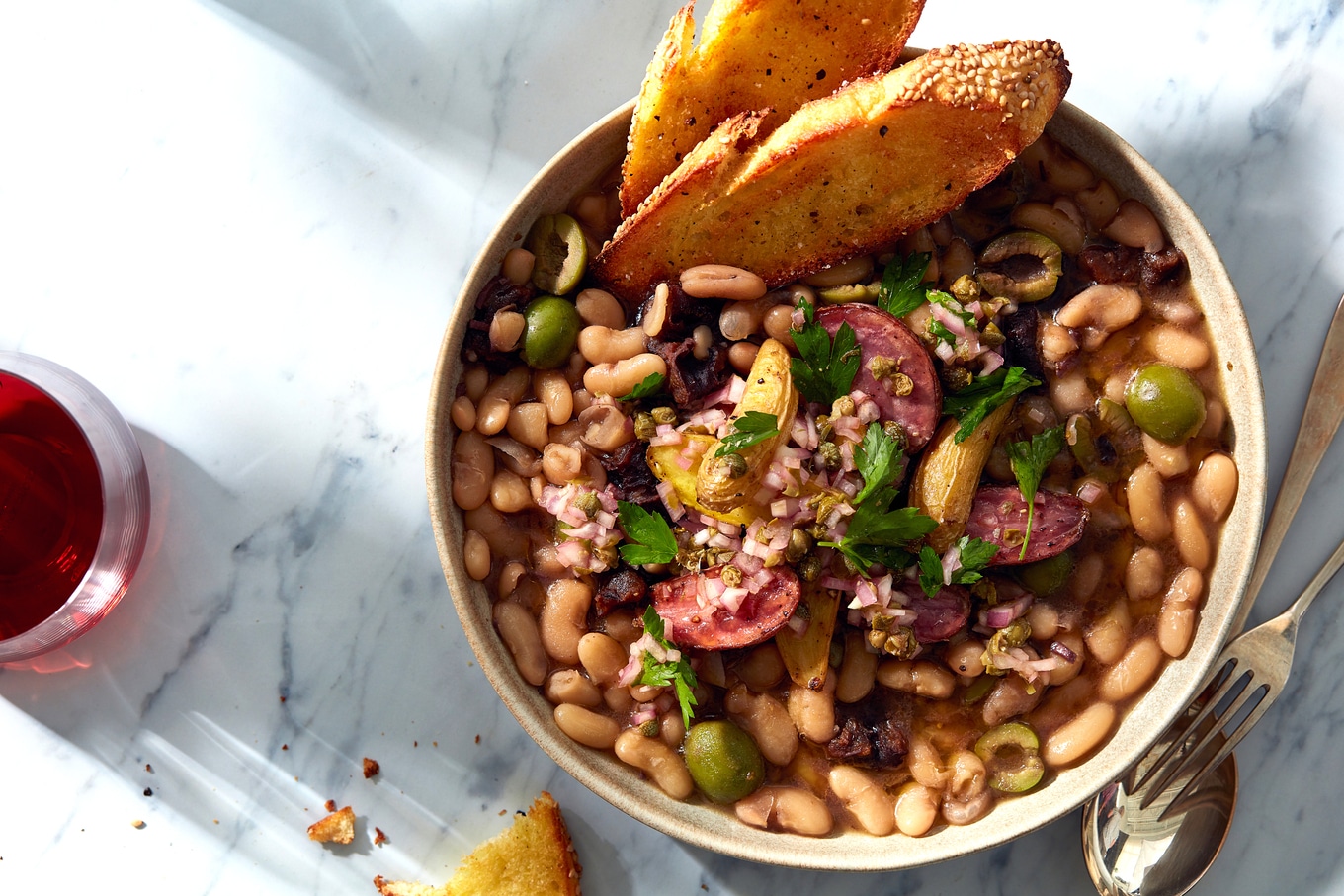A recent long-term study is challenging decades of diet discourse around carbohydrates—this time, not with warnings of weight gain or blood sugar spikes, but with data connecting high-quality carb consumption to healthy aging. Published in JAMA Network Open earlier this year, the study tracked more than 47,000 women over three decades, revealing that those who consumed more dietary fiber and carbohydrates from whole plant foods in midlife had a significantly higher chance of aging healthfully into their 70s, 80s, and beyond.
Researchers from the Jean Mayer USDA Human Nutrition Research Center on Aging (HNRCA) at Tufts University and the Harvard T.H. Chan School of Public Health analyzed data from the renowned Nurses’ Health Study, which began in 1976 and remains one of the largest and longest-running studies on women’s health. Using food-frequency questionnaires gathered every four years from 1984 through 2016, the researchers focused on dietary intake in midlife—specifically carbohydrates—and cross-referenced that with health outcomes in later years.
Quality carbs equal longer life
“We’ve all heard that different carbohydrates can affect health differently, whether for weight, energy, or blood sugar levels. But rather than just look at the immediate effects of these macronutrients, we wanted to understand what they might mean for good health 30 years later,” Andres Ardisson Korat, scientist at the HNRCA and lead author of the study, said in a statement. “Our findings suggest that carbohydrate quality may be an important factor in healthy aging.”
 Canva
Canva
Healthy aging, as defined by the study, included living without major chronic illness, retaining strong cognitive and physical function, and maintaining good mental health. Of the participants analyzed—who were between the ages of 70 and 93 in 2016—just 3,706 met this definition. But among those who consumed more unrefined carbohydrates from fruits, vegetables, whole grains, and legumes, as well as more dietary fiber overall, the odds of reaching older age in good health rose substantially.
Specifically, the researchers found that high midlife intakes of dietary fiber and high-quality carbohydrates were linked to a six to 37 percent greater likelihood of healthy aging. Conversely, diets heavy in refined carbohydrates and starchy vegetables—such as white potatoes—were associated with 13 percent lower odds of aging well.
“Our results are consistent with other evidence linking consumption of fruits and vegetables, whole grains, and legumes with lower risks of chronic diseases, and now we see the association with physical and cognitive function outcomes,” said Qi Sun, associate professor of nutrition and epidemiology at Harvard T.H. Chan School of Public Health and senior author of the study.
Fiber and healthier aging
The implications are particularly meaningful in the context of rising life expectancy and increased interest in how to extend not just lifespan, but healthspan—the number of years lived in good health. According to data from the World Health Organization, global average life expectancy has increased by more than six years since 2000, reaching 73.4 years in 2019. But the gap between life expectancy and healthy life expectancy remains significant. In the US, the Centers for Disease Control and Prevention estimate that while life expectancy is around 77 years, only about 68 of those are spent in good health.
Against that backdrop, this new study strengthens the case for fiber-rich, plant-based diets in supporting both longevity and quality of life.
The research builds on a growing body of evidence that prioritizes not just what people eat, but when. “Studies are starting to find an association between food choices in midlife and quality of life in later years,” said Ardisson Korat. “The more we can understand about healthy aging, the more science can help people live healthier for longer.”
Past studies have already linked plant-based diets to a reduced risk of chronic illnesses like type 2 diabetes, heart disease, and certain cancers. But this is one of the first large-scale studies to analyze how carbohydrate intake during midlife relates directly to overall aging outcomes.
Still, the authors caution that the findings have limitations. The study population consisted mostly of white female nurses, which may not reflect the experiences of more diverse populations. Additional research is needed to determine whether the associations hold across racial, socioeconomic, and gender lines.
BECOME A VEGNEWS VIP: Get exclusive product deals, freebies, and perks galore!
And while the findings offer compelling associations, they do not confirm causality. More research is required to explore the specific biological mechanisms at play—particularly how fiber and carbohydrate quality influence inflammation, gut health, and cellular aging processes.
Diets for an aging population
The study was supported by the US Department of Agriculture’s Agricultural Research Service through a cooperative agreement, as well as by the National Institutes of Health. The Nurses’ Health Study, which began tracking 121,700 nurses in 1976, has been instrumental in shaping dietary guidelines and public health policies for nearly five decades. Its comprehensive datasets allow researchers to track long-term trends across a wide array of lifestyle and health variables.

With interest in healthy aging and longevity booming—particularly among aging Gen Xers and Millennials now entering midlife—these findings add new urgency to rethinking the role of carbohydrates in the diet. While low-carb trends such as keto and paleo continue to dominate consumer markets, studies like this one are helping to clarify that not all carbs are created equal.
Instead, the new longevity conversation may start with fiber-rich fruits, ancient grains, beans, and vegetables—not with eliminating carbs, but choosing the right ones.
For more plant-based stories like this, read:
JUMP TO ... Latest News | Recipes | Guides | Health | Subscribe









